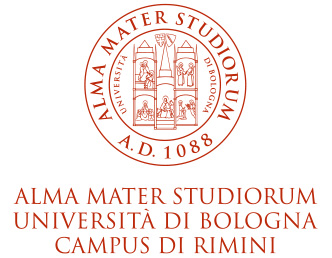RESD offers a solid preparation in environmental economics, a critical understanding of the issues involved in sustainable development both from a theoretical and practical perspective and of the complex interactions between economic decisions, market forces, governmental policies and the environment.
The Paris Climate Agreement reached at COP21 last December 2015 reinforced the objective of keeping global temperature rise well below 2 C - and even further to 1.5 C above pre-industrial levels. According to the Copenhagen-based European Environment Agency (EEA), Europe has improved air and water quality, cut greenhouse gas emissions and improved waste recycling and waste management practices in recent years. But new, more courageous policies have to be implemented by the European Union to reach the ambitious goals of cutting greenhouse gas emissions by at least 40% compared with 1990 levels by 2030, and by 80-95% by 2050. Moreover, by 2030 the European Union aims to increase energy efficiency by at least 27% and to increase the share of consumption from renewable energy sources to at least 27%.The European Commission has estimated that the long term shift to a greener, low-carbon economy by 2050 will require investments of an extra 270 billion euros a year (1.5 per cent of EU gross domestic product). These investment, together with national policies and investments aim at turning Europe into a low-carbon and highly energy efficient economy and will boost the economy, create jobs and strengthen the countries’ competitiveness.
Environmental economists with a strong background in economics and management, able to interact with engineers and chemists, thus with an interdisciplinary educational background, will play a crucial role in this process. This is the profile of RESD graduates, who are able to employ tools and standard methods in economics and management to environmental and resources related issues.
2018 QS World University Ranking
University of Bologna is in the list of top 200 Universities according to the 2019 QS World University Ranking. According to the same source, the Department of Economics (the University structure offering RESD) is in the group between 51st and 100th position, and second in Italy.
The Univrsity of Bologna is also the only Italian University to be ranked in the Top 100 by QS Ranking in all 5 disciplines; Humanities, Social Sciences, Medicine, Natural Sciences, and Technology.
Tilburg University Top 100 Worldwide Economics Research Schools Ranking
The University of Bologna is among the top 100 universities in the world in the "Tilburg University Top 100 Worldwide Economics Research Schools Ranking" for Economics disciplines, 29th in Europe and 2nd at the national level. According to this ranking, Bologna places as Washington University, just after Dartmouth College and ahead of Tsinghua University, and has recently overcome University of Paris I, Vanderbilt University, California Institute of Technology and Purdue University.
Excellent Department- The Department of Economics has been selected by the Ministry of Education, Universities and Research among the 14 excellent departments of our University.
How can we help you: Notices about logistics and organisational aspects concerning your degree programme, general information on admissions, exams, course timetable, study plan and graduation.
Contact person's name for the office Ilaria Tamburini
E-mail cdlm.resd@unibo.it
Phone +39 0541 434119 Orario telefonico
Address Via Angherà, 22 - Rimini Orario apertura al pubblico
Other information cdlm.resd@unibo.it
